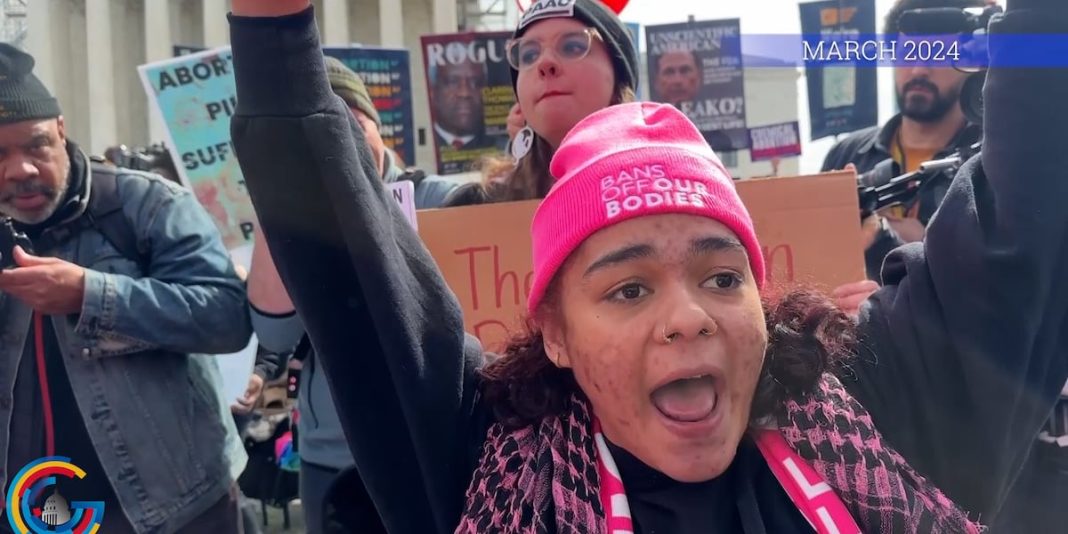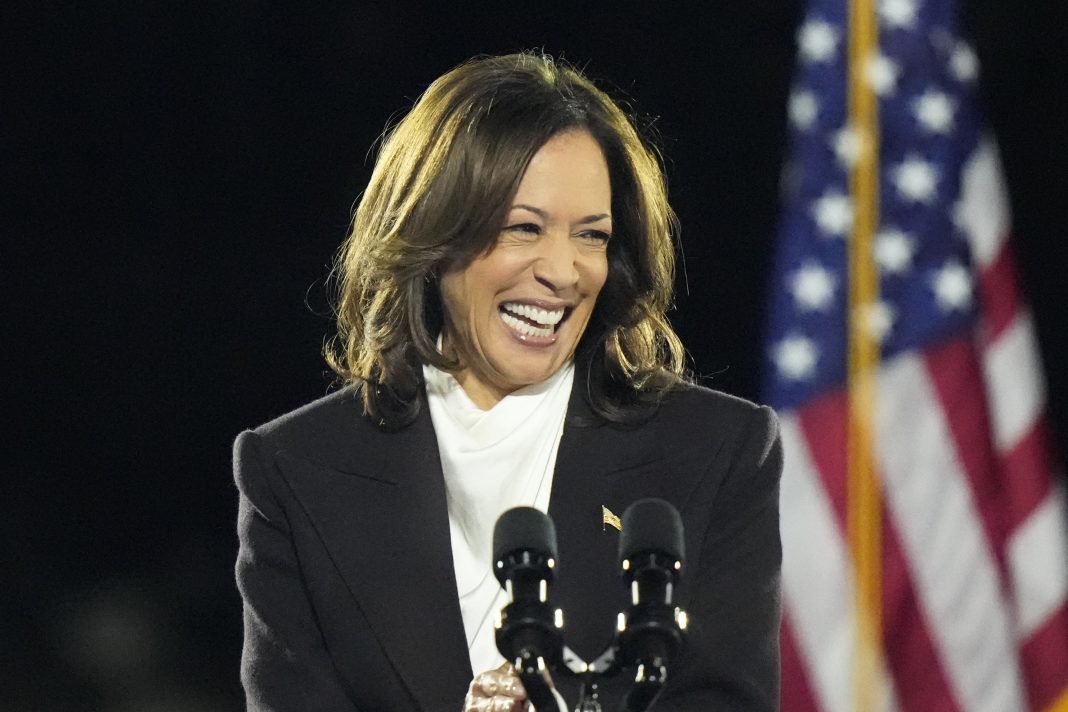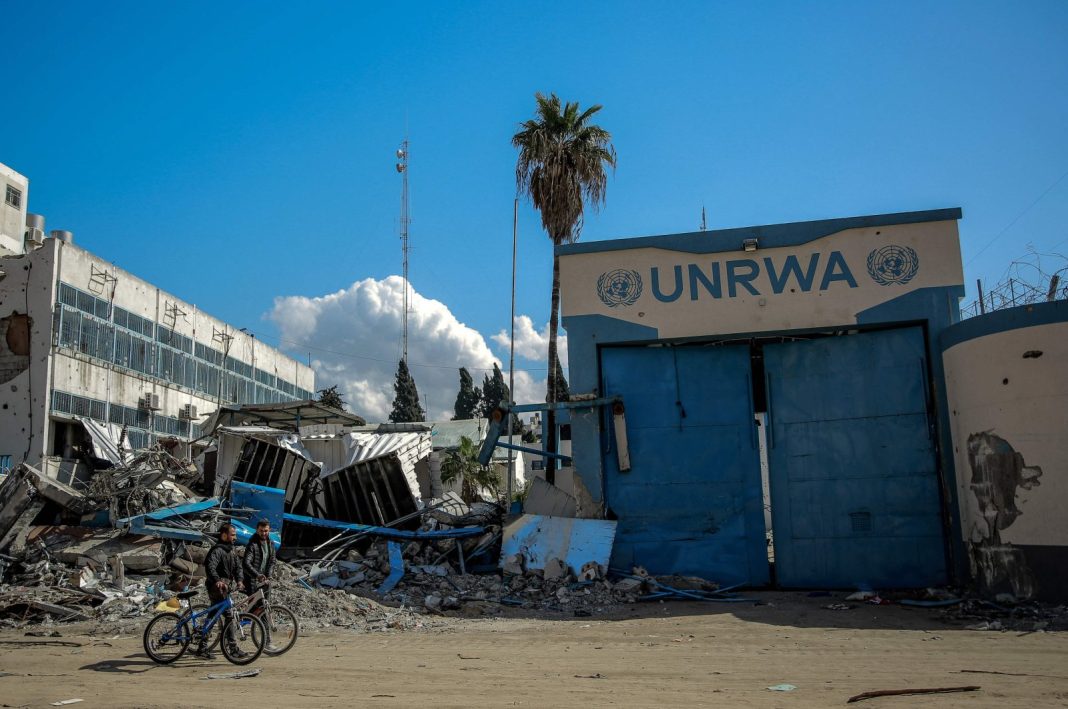Women’s Rights Take Center Stage in Election 2024: A Battle for Reproductive Freedom and Equality
As the countdown to Election 2024 begins, women’s rights are emerging as a pivotal issue that could sway voters across the nation. The landscape of women’s reproductive health has dramatically shifted since the U.S. Supreme Court overturned Roe v. Wade in June 2022, igniting a fierce debate about access to abortion and broader gender equality. With both presidential candidates weighing in, the stakes have never been higher for women’s rights advocates and voters alike.
The Aftermath of Roe v. Wade
The Supreme Court’s decision to overturn Roe v. Wade has left many women grappling with uncertainty about their reproductive rights. For decades, this landmark ruling provided a constitutional guarantee for women to access abortion services. Now, with states regaining the power to legislate on this issue, the conversation has shifted to how candidates plan to address these changes.
Former President Donald Trump has been vocal about his stance, suggesting that the focus on abortion is overemphasized. “It’s all they talk about … abortion,” he remarked, asserting that the issue is now in the hands of the states and the voters. However, his critics argue that this dismissal undermines the real concerns many women face regarding their reproductive choices.
Dueling Perspectives on Abortion Legislation
Current Vice President Kamala Harris has taken a more urgent tone, warning that a Trump presidency could lead to a national abortion ban. “The stakes are so high,” she said, emphasizing the potential consequences for women across the country. Harris’s comments reflect a growing fear among many that reproductive rights could be further eroded if Trump returns to office.
While Trump has denied intentions to impose a national abortion ban, his shifting positions on the issue have raised eyebrows. Media outlets like the Washington Post and CNN have documented his evolving stance, leaving many wondering where he truly stands on women’s reproductive rights.
The IVF Debate: A New Front in Women’s Rights
The conversation around women’s rights extends beyond abortion. Recent rulings, such as Alabama’s Supreme Court decision declaring frozen embryos as children under state law, have sparked concerns about access to in vitro fertilization (IVF). This ruling could complicate IVF procedures, making them more expensive and less accessible for families seeking to conceive.
Trump has publicly stated his support for IVF, claiming that he and the Republican Party have always defended fertility treatments. However, the political landscape remains contentious. Senate Democrats recently introduced a bill aimed at providing nationwide access to IVF, but it was met with skepticism from Republicans, who labeled it a political maneuver lacking the necessary support to pass.
Mobilizing Voters: The Call to Action
As Election Day approaches, advocacy groups like the ACLU are rallying women to make their voices heard at the ballot box. With women’s rights at stake, organizations are emphasizing the importance of voter participation and education. The message is clear: women have the power to influence the outcome of this election, and their rights depend on it.
In a time when gender inequality continues to impact women’s lives in profound ways, the upcoming election presents an opportunity for change. Whether it’s access to abortion, IVF, or fair wages, the candidates’ positions on these issues will undoubtedly shape the future for women in America.
As we gear up for what promises to be a contentious election season, one thing is certain: women’s rights will be a defining issue, and the voices of women voters will be crucial in determining the direction of the nation.



